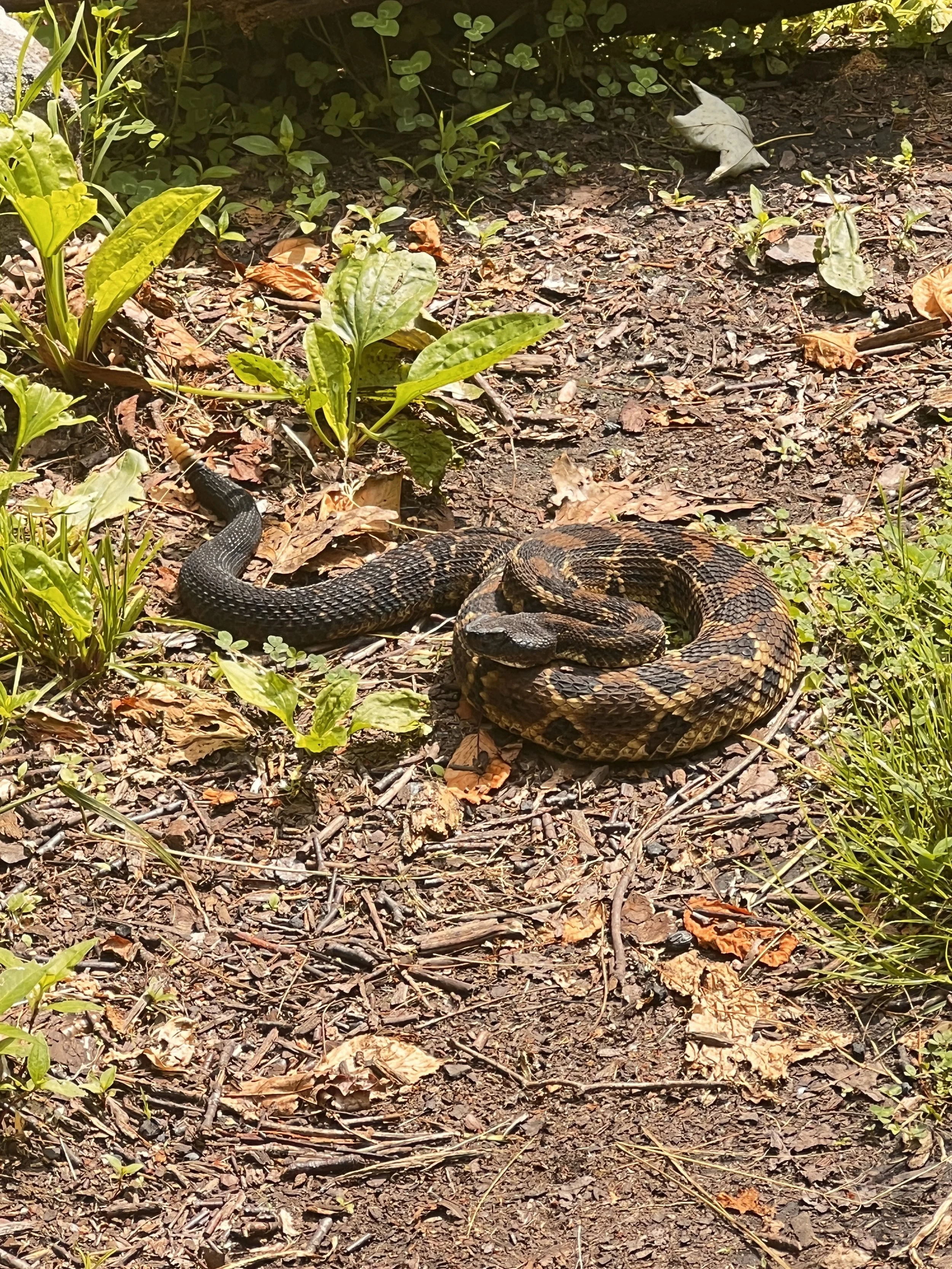Straw into Gold, Technology, and the Child to Come
As a child, my Aesop’s Fables and Brothers Grimm books were dog-eared and well-worn. Stories I read over and over again without fully knowing why. I’ve been thinking a lot about mythologies and folklore, especially lately working on my book, AWAKEN.
But one tale, I never gave much weight to was Rumpelstiltskin. Only recently have I begun to see it for what it is: a warning disguised in whimsy.
A miller boasts to the king that his daughter can spin straw into gold. The King imprisons her—prove the lie or face death. An impish figure appears and offers to spin the straw into gold, but each miracle demands a steeper price. At first a necklace, then a ring, and then her first born child. She reluctantly agrees. But when the king marries her (we won’t unpack the horror of marrying her captor—poor girl.) and the baby finally arrives, she cannot bare to part with them. She offers him all the riches but he only wants the child, “No. Something living is dearer to me than all the treasures of the world.” He finally agrees to give up his claim to the child if she can guess his name within three days.
We don’t know what Rumpelstiltskin is. He may be a spirit or a divine being or an imp. But he has the power to turn straw into gold—alchemy. Divine power. It’s not the spinning wheel that holds power, but this being. And when relied upon again and again, the cost becomes greater and greater, until finally… a child yet to come. A sacrifice. The cost hides in the future. Deferred. Distant. But it always comes due. Once the child is born, we are offered a way out. Naming its true name. A true name is sacred. A spell. They are remembrance. They break enchantments. Once you know a true name, you have control over it. You can defeat it.
I’ve always loved to create. As a child, I built solar panel cars and battle bots. In college I worked on a miniature submarine bound for Antartica. I’ve worked on everything from heads-up display motorcycle helmets to smart home hubs— eventually the breadth of Apple’s ecosystem. My father was in manufacturing and I carry that love. I once saw engineering as magic—pure, brilliant alchemy. Numbers and scripts whispering to me.
But, now I wonder: how much straw have we spun into gold without ever asking what we’ve promised in return? I used to spend my free time writing logic trees for robotics until I saw Boston Dynamics progress of their dog and immediately feared they would have these robots patrol low income communities. ASRs, Autonomous Security Robots—a growing reality we have today.
With this modern alchemy— divine, sacred knowledge digitized— we have built the telescope of humanity and a magnifying glass into our innermost psyche. In some ways, it’s even a path you can follow down and down and down.
We’ve forgotten. Or worse—deliberately ignored what the ancestors tried to tell us. I too used to laugh at the fear my parents had with smartphones.
We’re entranced by the miracle, blind to the trade. And when the time comes to name what we have summoned… will we remember the name?
Fairytales and folklore like Rumpelstiltskin fall into the category of “the name of the supernatural helper”. In folklore, the “supernatural helper”often aids the protagonist at a steep cost—unless their true name is discovered. In these works, the true name is almost always discovered in a chant, a riddle, or a song around the fire.
We’ve traded spinning wheels for servers. Like the spinning wheel, the tools are neutral. But we must ask who we serve when we spin. The cost still comes. The cost doesn’t seem real, because the child isn’t born yet. But it will be. And the deal was struck long ago. Will we go into the wilderness, sit by the fire, and remember the name before it’s too late? Are you willing to call out its true name before the true cost becomes too great?
These stories carry memory. And Rumpelstiltskin may still walk amongst us.
And maybe the most dangerous deal of all…
Is the one we uphold in silence.
Even now I’m wondering:
What if the girl had told the truth?
That her father lied.
That she could not spin straw into gold.
She didn’t make the promise— but she upheld it. She passed the cost along to someone who had no say. This is how generation debt is born. Not just in gold but in silence, in survival, in the weight of unspoken truths.
Sometimes courage isn’t spinning straw into gold. It’s admitting there is no gold—only straw—choosing to burn it for warmth instead.
Can we still gather by firelight,
Remember old names?
Will we recognize the imp,
When he grins at us from behind the screen?
I met this one on trail. She gave me no name—but she gave a warning.
Some dangers rattle. Some whisper. Some grin.

